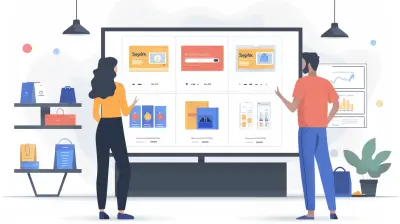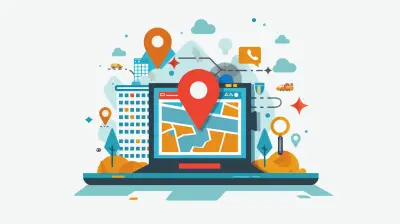The Role of AI in Enhancing Human Resource Functions
30 October 2025
The way we work is changing faster than ever, and you know what’s helping drive that change? Artificial Intelligence (AI). It’s not just a buzzword anymore — it’s reshaping industries, and Human Resources (HR) is feeling the transformation in a big way.
Think about it. HR has always been heavily people-focused. But that doesn't mean it can't benefit from tech — especially AI. From hiring talent to managing it and even predicting future HR needs, AI is stepping in like a super-smart assistant who never sleeps.
In this blog post, we’ll dive into how AI is enhancing HR functions, how you can actually make it work for your organization, and why it’s not something to fear — but something to embrace.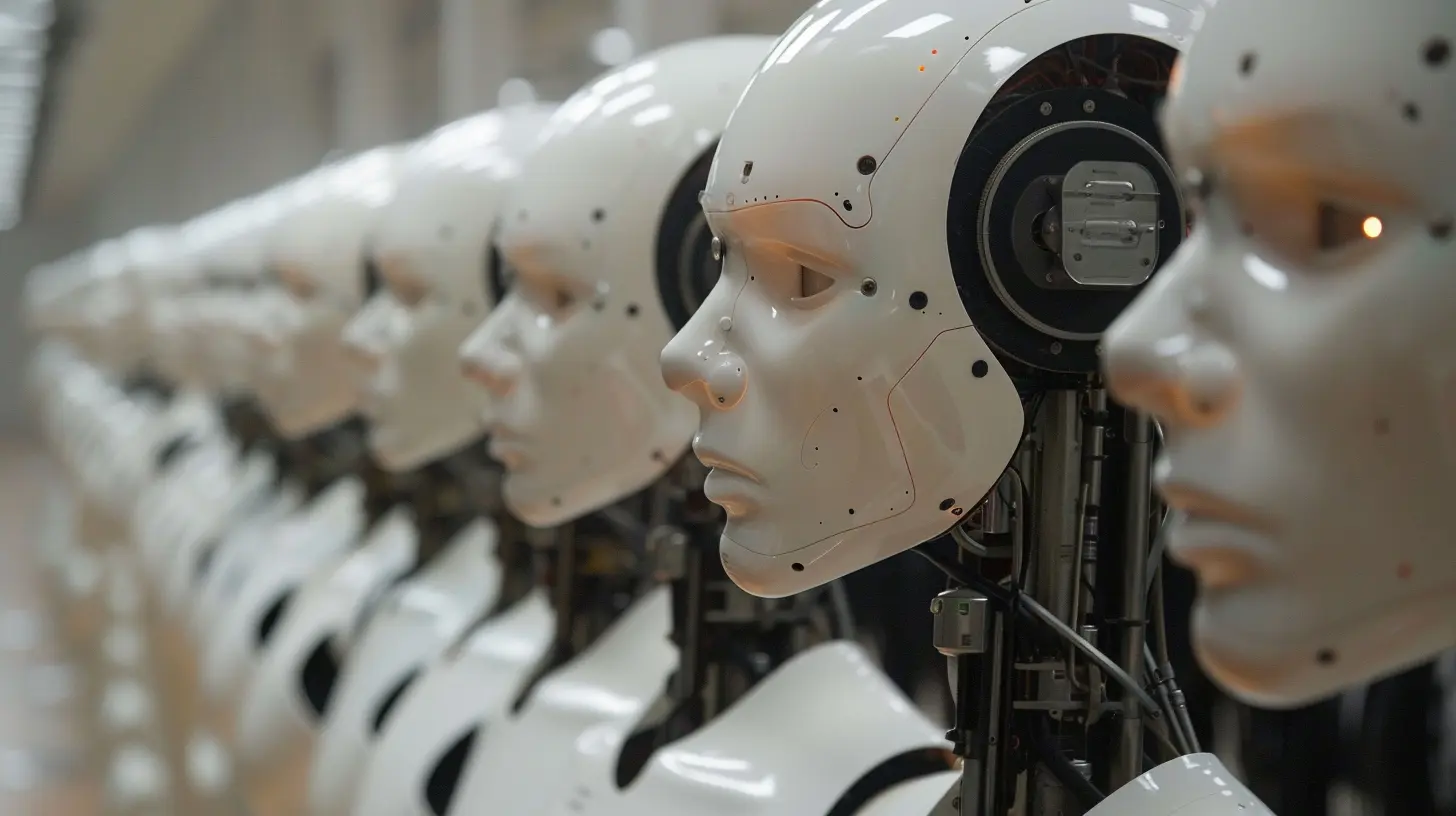
🚀 What’s the Big Deal With AI in HR Anyway?
Artificial Intelligence in HR is not about robots replacing human jobs. Instead, it’s about making HR professionals more effective, saving them time, and helping them focus on what they do best — working with people.AI helps automate mundane tasks, provide data-backed insights, and streamline decision-making. So, rather than HR managers spending hours sifting through resumes or scheduling interviews, AI can handle it in minutes. Pretty cool, right?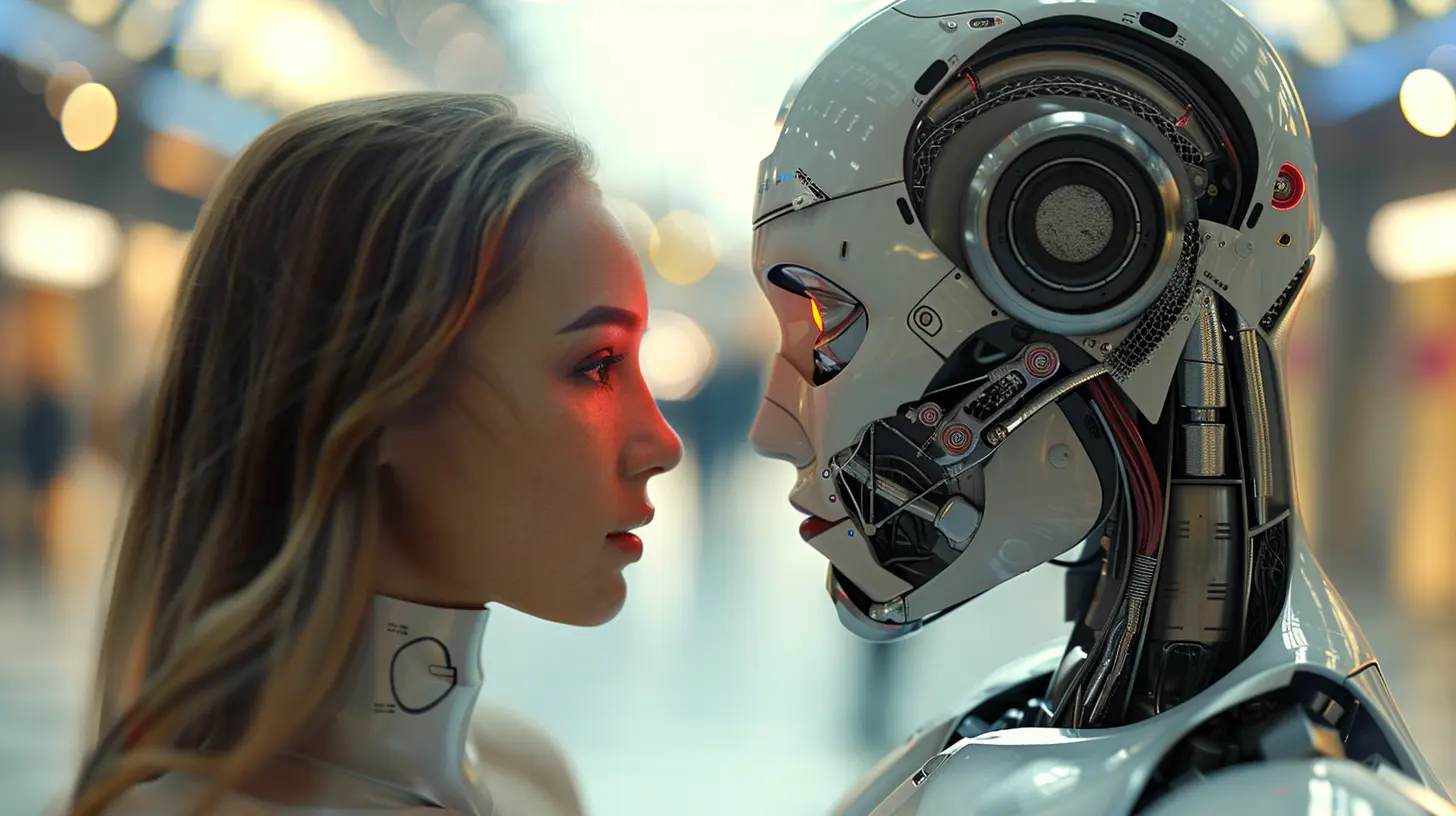
🧰 Key Areas Where AI is Transforming HR
Let’s break it down. Here’s how AI is shaking things up across different HR functions.1. Recruitment and Talent Acquisition
This is the biggest game-changer. Hiring new talent can be a headache — there’s a ton of applications, endless screening, and loads of back-and-forth communication. AI steps in like a pro.- Resume Screening: AI-powered tools can read and analyze thousands of resumes in seconds. Instead of manually scanning every CV, AI highlights the best matches based on skills, experience, and even tone.
- Chatbots for Initial Communication: AI chatbots can handle candidate queries, schedule interviews, and even conduct initial screenings. It’s like having a virtual recruiter working 24/7.
- Bias Reduction: One of the coolest things? AI can help eliminate unconscious human bias by focusing strictly on qualifications and skills rather than names, ages, or other subjective factors.
2. Onboarding Made Seamless
Remember how awkward your first day could be? Forms to fill, policies to learn, systems to understand. AI smooths it all out.- An AI onboarding assistant can guide new hires through the process, answer repetitive questions, and provide customized learning resources.
- It can also track progress, reminding employees of tasks they still need to complete — kind of like a helpful buddy who never forgets.
3. Performance Management and Employee Engagement
Here’s where it gets even more exciting. Managing employee performance is tricky — it’s not just about metrics; it’s about morale, growth, and feedback.AI tools can:
- Track Performance in Real-Time: Want to know who’s excelling or who might need support? AI can analyze work patterns, productivity tools, and feedback to give real-time insights.
- Provide Personalized Feedback: Instead of generic reviews, AI can help create tailored suggestions for growth.
- Boost Engagement: Tools powered by AI can run pulse surveys, analyze sentiment in communication, and suggest ways to improve team morale.
4. Learning & Development That’s Actually Useful
Let’s be honest — most corporate training programs are either too long, too boring, or not relevant. AI can completely change that.- Personalized Learning Paths: AI can recommend training courses based on an employee’s role, goals, and performance gaps.
- Microlearning Support: Short, engaging lessons delivered when and where they’re needed.
Imagine a Netflix-style training platform recommending what you need to learn next based on your career goals. Pretty neat, right?
5. Workforce Planning and Predictive Analytics
If HR had a crystal ball, this would be it. AI doesn’t just help with current functions — it can predict future needs.- Turnover Prediction: AI algorithms can analyze factors like job satisfaction, engagement levels, and past behavior to spot who might be thinking about leaving.
- Hiring Forecasts: AI helps plan future hiring needs based on company growth, current employee trends, and industry shifts.
It’s like having a strategic counselor by your side — one that’s always running the numbers and spotting long-term patterns.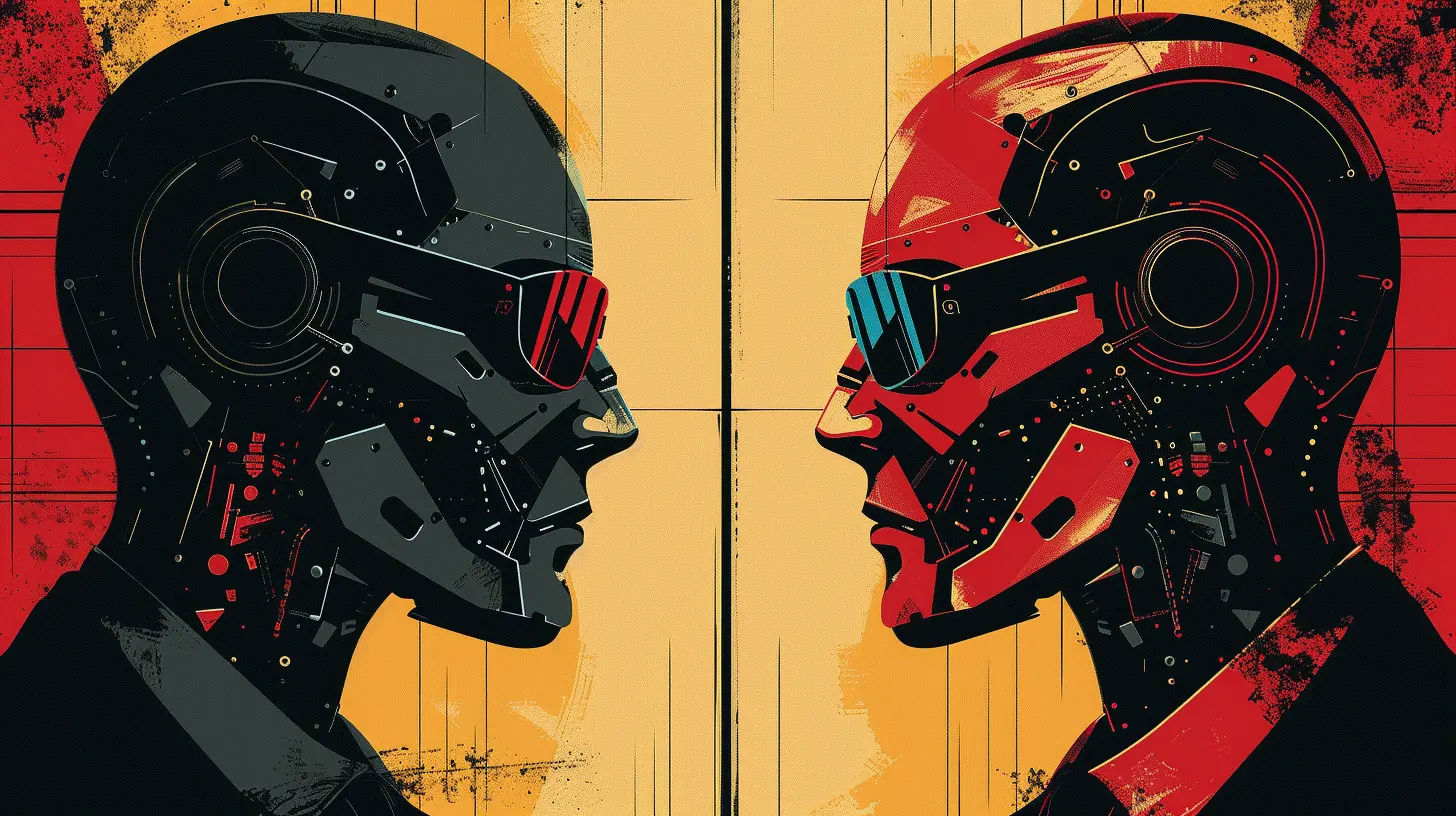
🧠 Human + AI = A Winning Combo
Now, you might be wondering: “Is AI going to replace HR professionals?” Short answer — Nope. Long answer — No way, and here’s why.AI excels at handling data, automating routine tasks, and giving insights. But HR is still very much a human-driven field.
People want to talk to other people — especially when it comes to sensitive topics like job satisfaction, conflicts, or career development. AI can assist, but the human touch is irreplaceable. So, rather than replacing HR roles, AI is enhancing them.
Think of AI as your smartest intern — it assists, informs, and helps you shine in your role.
⚙️ Common AI Tools Used in HR Today
Curious about what tools are actually out there? Here are some popular AI-powered platforms that HR professionals are loving:- HireVue: Uses AI to assess candidate video interviews for verbal and nonverbal cues.
- Pymetrics: Uses neuroscience and AI to match candidates with roles based on emotional intelligence and cognitive abilities.
- Workday: Combines AI with people analytics to help HR teams make smarter workforce decisions.
- Leena AI: An AI-powered HR assistant that can answer employee queries, assist in onboarding, and more.
- Eightfold.ai: Uses deep-learning AI to predict job fit and career paths based on existing employees’ data.
🛑 Challenges of Using AI in HR
It’s not all sunshine and robots. There are real challenges you need to watch out for:1. Data Privacy Concerns
AI works best with data — but handling sensitive employee information comes with risks. Misuse or leaks can cause serious harm to reputations and trust.Solution? Use secure systems and always get employee consent when required.
2. Algorithmic Bias
Wait, didn’t we say AI reduces bias? It can — but it can also perpetuate it if trained on biased data. AI models are only as good as the data they learn from.The fix? Regularly audit your AI tools for fairness and ensure diverse data sets are being used.
3. Resistance to Change
People don’t love change — especially when it’s tech-driven. Your HR team might feel overwhelmed or see AI as a threat at first.What can you do? Offer workshops, demo sessions, and transparent communication to help ease adoption.
🧩 Best Practices for Integrating AI Into HR
So, ready to bring AI into your HR department? Here’s how to do it right:- Start Small: Don’t try to automate everything at once. Begin with one area like recruitment or onboarding.
- Choose the Right Tools: Not all AI platforms are created equal. Pick one that fits your company’s size, needs, and culture.
- Train Your Team: Make sure your HR team understands how the tool works and feels comfortable using it.
- Stay Ethical: Set policies around data privacy, transparency, and fairness.
- Measure Impact: Keep track of how AI is improving your processes — or where it may be falling short.
🏁 The Future of AI in HR: What’s Next?
AI in HR is still evolving. We’re just scratching the surface.In the near future, we can expect even smarter AI that understands human emotions better (yep, emotional AI is a thing), customizes HR experiences on a 1:1 level, and integrates seamlessly with every business function.
But no matter how advanced AI becomes, the heart of HR will always remain human.
🙋 Final Thoughts
The role of AI in enhancing Human Resource functions isn't to take jobs or make HR less personal. It's here to do the grunt work, crunch the data, and give HR professionals the time and tools to focus on what really matters: people.By embracing AI, HR teams can be more strategic, efficient, and human than ever before.
So, is it time to team up with AI? Absolutely. Like peanut butter and jelly, HR and AI just work better together.
all images in this post were generated using AI tools
Category:
Artificial IntelligenceAuthor:

Amara Acevedo
Discussion
rate this article
1 comments
Victor Wallace
Imagine a world where your HR manager is a talking robot that dispenses advice with a side of dad jokes! AI is here to turn paperwork into party favors, making HR as fun as a unicorn in a boardroom!
November 5, 2025 at 4:35 AM

Amara Acevedo
Absolutely! AI has the potential to make HR more engaging and efficient, blending essential support with a touch of humor. Who wouldn’t want a unicorn in the boardroom?
